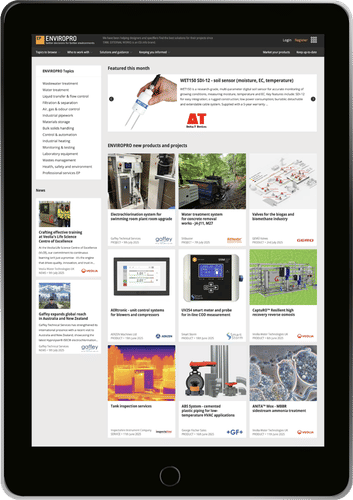- Project experience
- Landfill leachate and sludge treatment
- System experience
- Vertical flow reedbeds
- Services
- Design
- Project management
- Construction
- Client
- Essex and Suffolk Water
Requirement
The asset management strategy for Essex and Suffolk Water identified a need for a new process for sludge handling at Hanningfield Water Treatment Works. Supplied with raw water from Hanningfield Reservoir (354 Ha), Hanningfield WTW produces 150 million litres of potable water a day. As part of the water treatment process, 2 to 4 million litres of ferric (iron) sludge per day is generated primarily from the de-sludging of the Pulsator clarifiers. The sludge is primarily a mineral sludge with seasonally fluctuating levels of algae and suspended solids.
Previously, sludge waste at Hanningfield WTW had been pumped to sludge lagoons at Hanningfield Reservoir, but with the reservoirs nearing the end of their serviceable life, a new sludge handling system was required.
Solution
ARM Ltd, in partnership with Orbicon, conducted a trial to assess the efficiency of sludge reedbeds in the treatment of the ferric sludge being generated at Hanningfield. A test system consisting of six basins was built at the site, with each basin measuring 20m2 and planted with Phragmites australis. The test basins had a design comparable to a full-scale plant.
Outcome
The results of the trial confirmed that the sludge treatment in the reedbed systems offered many advantages compared with mechanical treatment options. Key observations included:
- The reeds colonised the whole area without requiring additional fertiliser.
- Samples of the reject water showed that media filter had a good filtration capability.
- The sludge residue on the surface cracked well - a good indication of dewatering.
- The sludge volume was reduced to approximately 1/200 of its original volume.
- The dry solid content of the dewatered sludge residue was approximately 30-40% during operations and 50-60% dry solid content after the final resting period, prior to emptying.
As a result of the trial, a full-scale reedbed system was ordered, with a process area of 42,500m2 across 16 basins.







